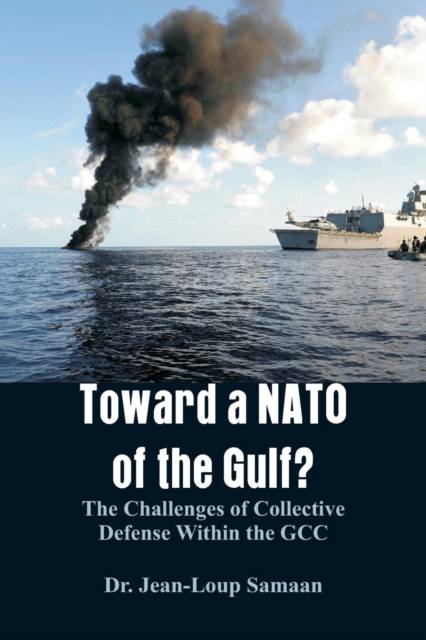
- Retrait gratuit dans votre magasin Club
- 7.000.000 titres dans notre catalogue
- Payer en toute sécurité
- Toujours un magasin près de chez vous
- Retrait gratuit dans votre magasin Club
- 7.000.0000 titres dans notre catalogue
- Payer en toute sécurité
- Toujours un magasin près de chez vous
Toward a NATO of the Gulf?
The Challenges of Collective Defense Within the GCC
Jean-Loup SamaanDescription
Since the Arab revolutions started in early 2011, the Gulf countries have raised the level of their strategic ambitions. In various cases, countries of the Gulf Cooperation Council (GCC) flexed their diplomatic muscles, Qatar and Saudi Arabia being at the forefront on the Syrian file, and demonstrated military resolve via the interventions in Bahrain (2011), Libya (2011), and Yemen (2015). With traditional Arab powers like Egypt coping with post-revolution internal troubles, Gulf kingdoms seem now to be the major players in the arena of the Arab League. This shift in Arab geopolitics led observers to refer to this era as the so-called Gulf moment. Additionally, the 2017 political crisis between Qatar and three of the GCC members (Saudi Arabia, the United Arab Emirates, and Bahrain) obviously reminds us the need for a cautious evaluation of the prospects of collective security in the Gulf. This monograph looks at the security environment and the operational requirements for the GCC. In other words, it aims to discuss the practical steps required to turn the Council into an effective collective defense organization.
Spécifications
Parties prenantes
- Auteur(s) :
- Editeur:
Contenu
- Nombre de pages :
- 64
- Langue:
- Anglais
Caractéristiques
- EAN:
- 9789387600065
- Date de parution :
- 14-07-18
- Format:
- Livre broché
- Format numérique:
- Trade paperback (VS)
- Dimensions :
- 152 mm x 229 mm
- Poids :
- 104 g

Les avis
Nous publions uniquement les avis qui respectent les conditions requises. Consultez nos conditions pour les avis.






